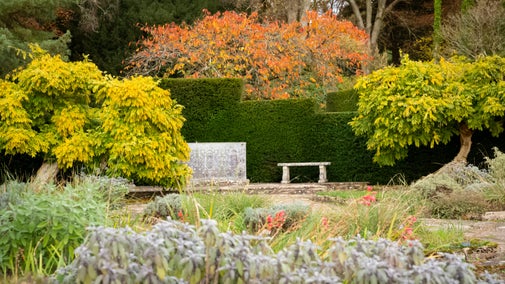
Discover more at Saltram
Find out when Saltram is open, how to get here, the things to see and do and more.

With beautiful views of its Palladian exterior, the garden and grounds at Saltram remain a peaceful space throughout the year. Filled with many impressive specimens of rare, ancient and exotic trees and plants, the garden is a horticultural delight. Bursts of colour adorn each area throughout the seasons and the heady scents along many paths fill the senses during a walk.
The garden is home to some magnificent specimen trees. Several are older than the house and garden buildings and have been a part of Saltram throughout its history.
Did you know there’s a film-star tree in our garden? This over-400-year-old veteran English oak, located at the far end of the lime avenue, had its moment in the spotlight in the 1995 film Sense & Sensibility, where a treehouse was built within its branches just for the production. Today, it’s a treasured specimen, with snowdrops and crocuses carpeting the ground beneath it, bringing seasonal color and beauty year-round.
As the garden emerges from it's winter slumber there are early signs of spring popping up all over the garden at Saltram. From the snowdrops in the stables flower beds to the bright pink winter flowering camelias, Saltram's borders and beds offer colour even in the darker days of early spring.
By late February all the way through to April the Lime avenue is awash with golden yellow daffodils. With over 120 varieties planted each season, this corridoor of colour is always a must see in springtime.
If you are searching for scent this spring the pungent but discrete flowers of sweet box (Sarcococca) on the stables bed, and middle glade can't be missed, as well as the flowers of the daphnes offering beautiful blush pink colour and a delicate floral smell as you brush past.
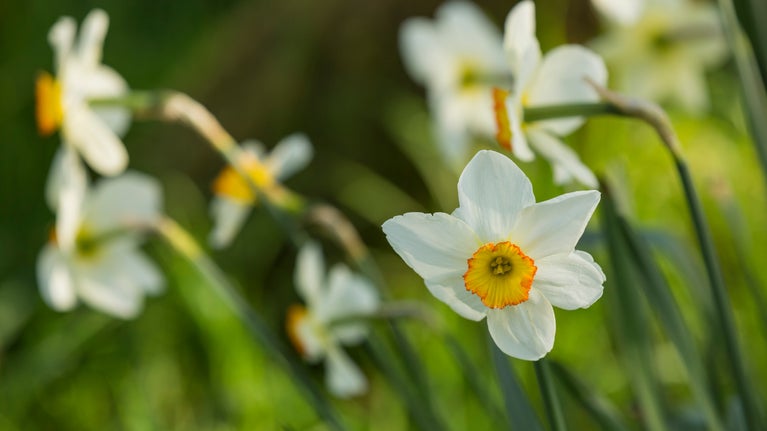
Saltram is home to the Lime Avenue, a quarter-of-a-mile-long lime avenue, which is well worth taking your time to amble down and appreciate. It's believed to be the longest of its type in Europe.
When viewed from either end, you can see that the whole avenue is noticeably leaning to the north, having grown up being exposed to the prevailing south-westerly winds.
As well as being a striking linear feature of the garden, the avenue also helps to absorb all that wind, thereby protecting the many tender and exotic plants in the heart of the garden.
The Orange Grove was originally designed as somewhere for the citrus trees to thrive during the summer months and these Mediterranean plants can still be found here today.
There are lemons, limes, grapefruits, manadarins as well as Seville oranges and blood oranges in the planters in the grove and outside the orangery.
Sheltered from the wind, with full sun all day and a pond at the centre preventing the grove from getting too warm, this is the perfect spot for citrus trees.
Saltram boasts relatively mild and dry winters, thanks to its coastal location, and rarely gets frost or snow. This, combined with the Orange Grove’s special design, produces a microclimate that means the grove’s surrounding beds are home to interesting and exotic plants.
Running with the ‘orange’ theme, head gardener Martin planted fiery-coloured plants around the grove.
An impressive black walnut and eastern hemlock grow to the south, with the former supporting a huge vine. All of these protect the Orange Grove from the wind.
A coast redwood tree and stately old yew grow behind the chapel and rhododendrons and mature Chinese windmill palms add to the tropical backdrop.
At Saltram we are pleased to offer visitors a 'Silent Space' in the Orange Grove. We lead hectic lives. It can be difficult, particularly for those of us who live in urban areas, to find five minutes peace in natutre. In 2016, garden writer Liz Ware set up a not-for-profit project and called it Silent Space. Visitors to these quiet areas are invited to switch off from technology and to take time to reflect and relax surrounded by green space. The Orange Grove at Saltram is one such space, along with several other National Trust properties across the country. It's the perfect spot to unwind, listen to the running water and connect with nature and with yourself. The Orange Grove is a Silent Space every morning 10-11am.
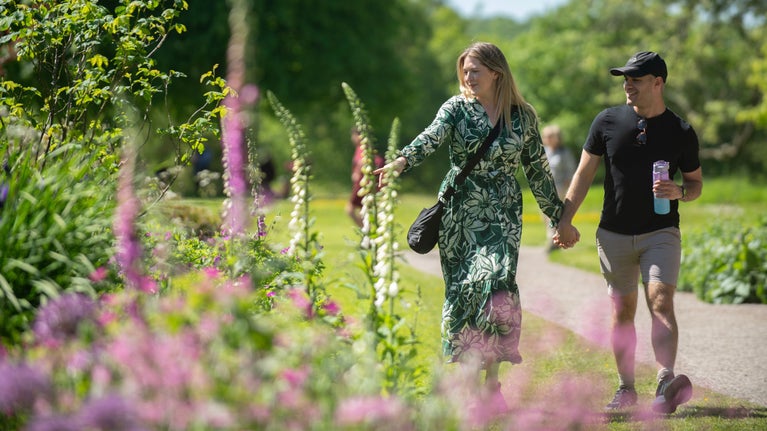

Find out when Saltram is open, how to get here, the things to see and do and more.
Originally designed for entertaining guests amid the backdrop of the amphitheatre and Orange Grove, the garden at Saltram has plenty of history just waiting to be discovered.

Woodland, estuary and open green spaces provide the backdrop to a city escape as you explore the beautiful countryside nestled near Plymouth’s urban environment.
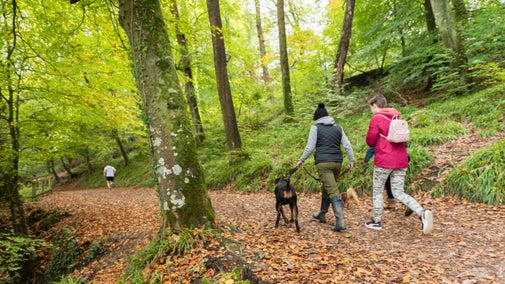
Feast your eyes on Robert Adam’s neo-classical saloon, lose yourself in stories in the Chinese wallpaper and wonder at the sheer volume of books in the library.
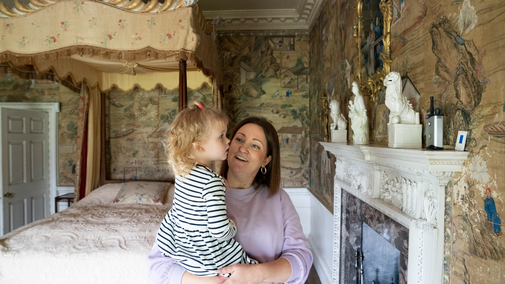
Find out what’s in stock and on the menu this season when you grab a bite to eat in the Chapel Tea-room or browse the shop.

From 18th-century water gardens and Arts and Crafts landscapes to intimate woodland gardens, there are so many places to discover.
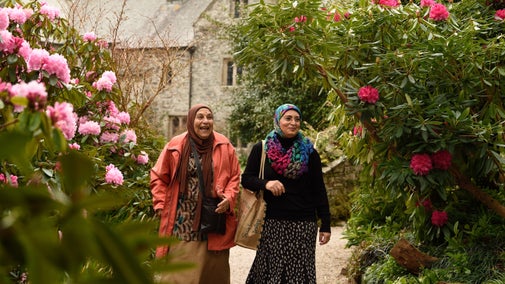
Discover our gardeners’ top tips so you can make the most of your garden, plot or window box.
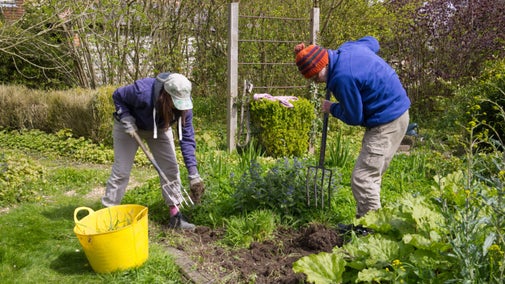
Take a stroll and explore the wide variety of the gardens we look after in Devon.
